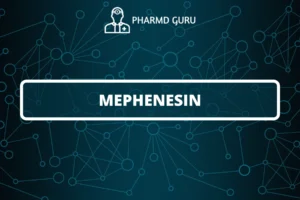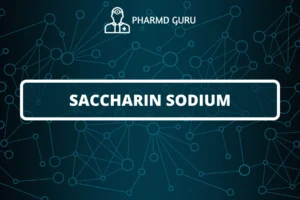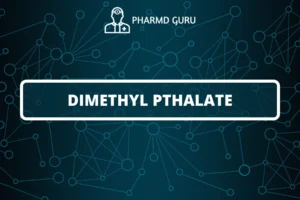Williamson synthesis is a widely used method in organic chemistry for the preparation of ethers. It involves the reaction between an alkyl halide (R-X) and a deprotonated alcohol (R’-O^-) to form an ether (R-O-R’).
SCROLL DOWN TO THE BOTTOM OF THIS PAGE FOR ACTUAL NOTES.
The general equation for the Williamson synthesis is as follows:
R-X + R’-O^- → R-O-R’ + X^-
In this reaction, the alkyl halide (R-X) serves as the electrophile, while the deprotonated alcohol (R’-O^-) acts as the nucleophile.
The Williamson synthesis can be carried out under either acidic or basic conditions:
- Acidic Williamson Synthesis: In the acidic conditions, an acid catalyst (such as sulfuric acid, H2SO4) is typically used. The acid catalyst protonates the alcohol, converting it into a better leaving group, typically water (H2O). This facilitates the nucleophilic attack of the alkoxide ion on the electrophilic carbon of the alkyl halide. After the nucleophilic substitution, the acid catalyst is regenerated.
- Basic Williamson Synthesis: In the basic conditions, a strong base (such as sodium or potassium hydroxide, NaOH or KOH) is used to deprotonate the alcohol, generating the alkoxide ion. The alkoxide ion then acts as a nucleophile, attacking the electrophilic carbon of the alkyl halide to form the ether. The reaction is typically performed in an aprotic solvent, such as dimethyl sulfoxide (DMSO) or tetrahydrofuran (THF), to avoid any unwanted acid-base reactions.
The Williamson synthesis is a versatile method for the preparation of various types of ethers, including symmetrical ethers (when the same alkyl group is used on both sides) and unsymmetrical ethers (when different alkyl groups are used on each side). The choice of alkyl halide and alcohol determines the specific ether formed.
The reaction conditions for the Williamson synthesis should be carefully selected to prevent side reactions or unwanted reactions with functional groups present in the starting materials. Additionally, the reactivity of the alkyl halide and alcohol, as well as the steric hindrance of the alkyl groups, can influence the efficiency of the reaction.
Overall, the Williamson synthesis provides a practical and effective route for the synthesis of ethers, which are important functional groups in various organic compounds and play a significant role in organic synthesis and medicinal chemistry.
ACTUAL NOTES:
PATH: PHARMD/PHARMD NOTES/ PHARMD FIRST YEAR NOTES/ ORGANIC CHEMISTRY/ PHARMACEUTICAL ORGANIC CHEMISTRY/ WILLIAMSON SYNTHESIS.




